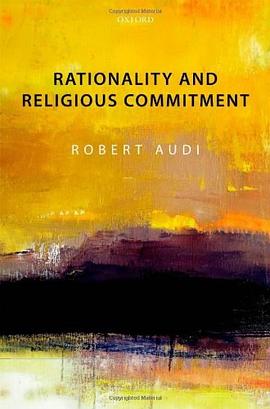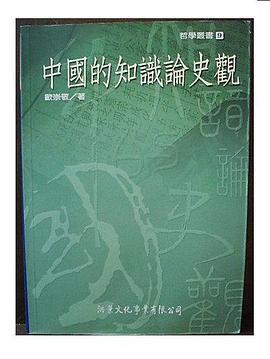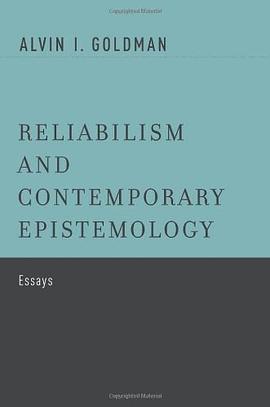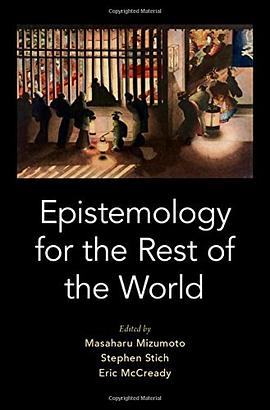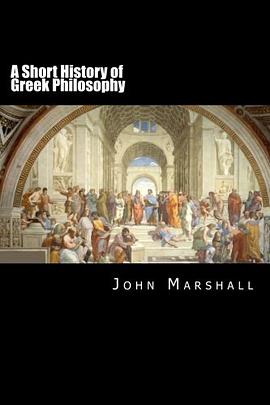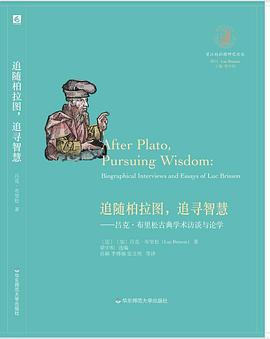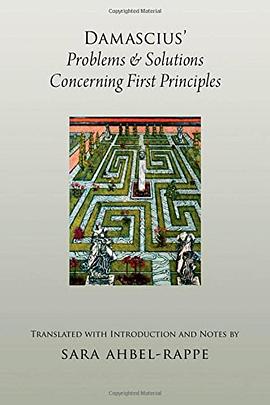

具體描述
Sanford Goldberg investigates the role that others play in our attempts to acquire knowledge of the world. Two main forms of this reliance are examined: testimony cases, where a subject aims to acquire knowledge through accepting what another tells her; and cases involving "coverage", where a subject aims to acquire knowledge of something by reasoning that if things were not so she would have heard about it by now. Goldberg argues that these cases challenge some cherished assumptions in epistemology. Testimony cases challenge the assumption, prominent in reliabilist epistemology, that the processes through which beliefs are formed never extend beyond the boundaries of the individual believer. And both sorts of case challenge the idea that, insofar knowledge is a cognitive achievement, it is an achievement that belongs to the knowing subject herself. Goldberg uses results of this sort to question the broadly individualistic orthodoxy within reliabilist epistemology, and to explore what a non-orthodox reliabilist epistemology would look like. The resulting theory is a social-reliabilist epistemology - one that results from the application of reliabilist criteria to situations in which belief-fixation involves epistemic reliance on others. Sanford Goldberg presents an important contribution both to the reliability literature in general epistemology and to the social epistemology of testimony and related topics.
作者簡介
目錄資訊
讀後感
評分
評分
評分
評分
用戶評價
相關圖書
本站所有內容均為互聯網搜索引擎提供的公開搜索信息,本站不存儲任何數據與內容,任何內容與數據均與本站無關,如有需要請聯繫相關搜索引擎包括但不限於百度,google,bing,sogou 等
© 2025 qciss.net All Rights Reserved. 小哈圖書下載中心 版权所有

